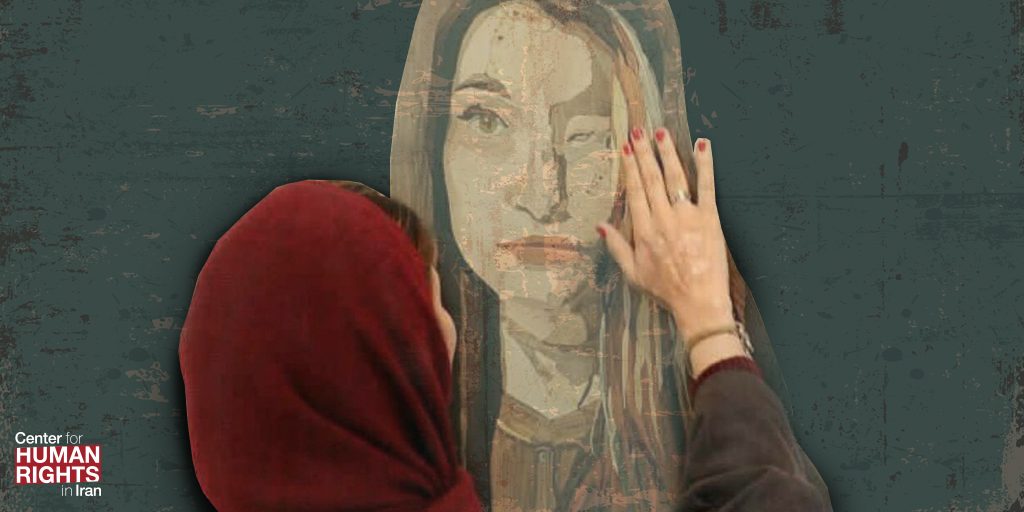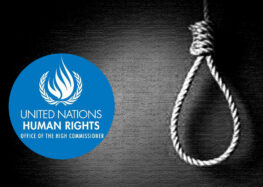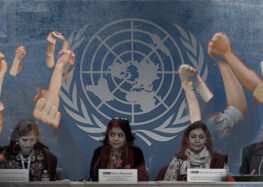Iran’s Parliament Approves Severe Punishments for Acid Attacks, Fails to Restrict Sales
 Activists Say Limiting Acid Sales Will Help Reduce Attacks
Activists Say Limiting Acid Sales Will Help Reduce Attacks
The Iranian Parliament has approved a bill that if enacted into law would allow courts to impose severe punishments including the death penalty against individuals convicted of acid attacks.
But activists and some reformist members of Parliament argue that the government should be focused on restricting the availability of the corrosive substances that are being used to disfigure and sometimes kill people.
“Acid should not be as readily accessible as water,” Kamal Foroutan, the president of the Iran-based Defense of Acid Attack Victims (ADAAV) charity, told the state-funded Iranian Students News Agency (ISNA) on May 16, 2019.
“Right now any person could buy acid,” he added. “We want Parliament to pass a law that restricts sales of acid and requires buyers and consumers to be registered.”
The “Bill to Increase Punishment for Acid Attacks and Supporting Victims” was sent to the Guardian Council (which must approve bills before they can become law) after it was approved by Parliament on June 9, 2019.
Depending on the severity of the attack, the new law would allow courts to sentence those convicted of waging an acid attack to death, physical retribution in kind, or imprisonment of five to 25 years.
The full text of the bill has not been made public, but some of its contents have been leaked online.
Article 3 denies those convicted of waging an acid attack a sentence suspensions or parole. However, the conviction could be reduced to a limited extent if the victim’s family gives consent.
According to Article 5, the government would be required to pay damages and cover medical treatment costs if the perpetrator of the attack lacks financial resources.
But victims of the attacks and activists have pointed out that by refusing to restrict acid sales, the government is treating the symptoms of the problem while ignoring the roots.
Judicial Committee Rejects Reformist Push to Limit Acid Sales
Reformist Member of Parliament (MP) Fatemeh Hosseini told ISNA on May 21 that she and her reformist colleagues tried hard but failed to convince the Legal and Judicial Affairs Committee to approve their proposal to limit acid sales.
“The proposal stated that six months after ratification, the cabinet must approve regulations drafted in cooperation with the [Ministry of Agriculture] to set criteria for the purchase and sale of acid and other chemical compounds as well as a list of essential usages and how these products will be distributed and sold,” she said.
While the bill was being debated on June 9, a proposal by reformist MP Tayebeh Siavashi to require identification for purchasing acid was also rejected.
The proposal was shot down after the full session of Parliament watched a two-minute video featuring victims of acid attacks calling for potential buyers of the corrosive substances to be required to identify themselves.
“Acid throwing is not just a crime. It’s a social phenomenon,” reformist MP Nahid Tajedin tweeted on April 13, 2018. “In parallel with punishment you have to work on prevention.”
Another issue compounding the problem of acid attacks in the country is that law enforcement agencies and the court system are often slow to reports of the crime.
“Unfortunately, in many acid attack cases we have witnessed that the judicial process has moved slowly,” said ADAAV President Foroutan in his May 2019 interview with ISNA.
“These cases should be investigated quicker and perpetrators prosecuted and punished in a short amount of time so that damages are paid to victims to enable them to begin treatment,” he added.
Article 6 stipulates that acid attack cases “must be processed out of turn,” meaning they should be given high priority, but it is not clear what measures would be implemented to ensure this stipulation is followed.
The Iranian judiciary and police were heavily criticized by the public for not catching the perpetrators of a spate of acid attacks in Isfahan in 2014 when as many 10 women were disfigured because they were allegedly wearing “improper” hijabs.
The attacks took place as Iran’s Parliament was debating the Plan to Promote Virtue and Prevent Vice, which became law in June 2015. It allows citizens to “verbally” confront people accused of committing vices.






